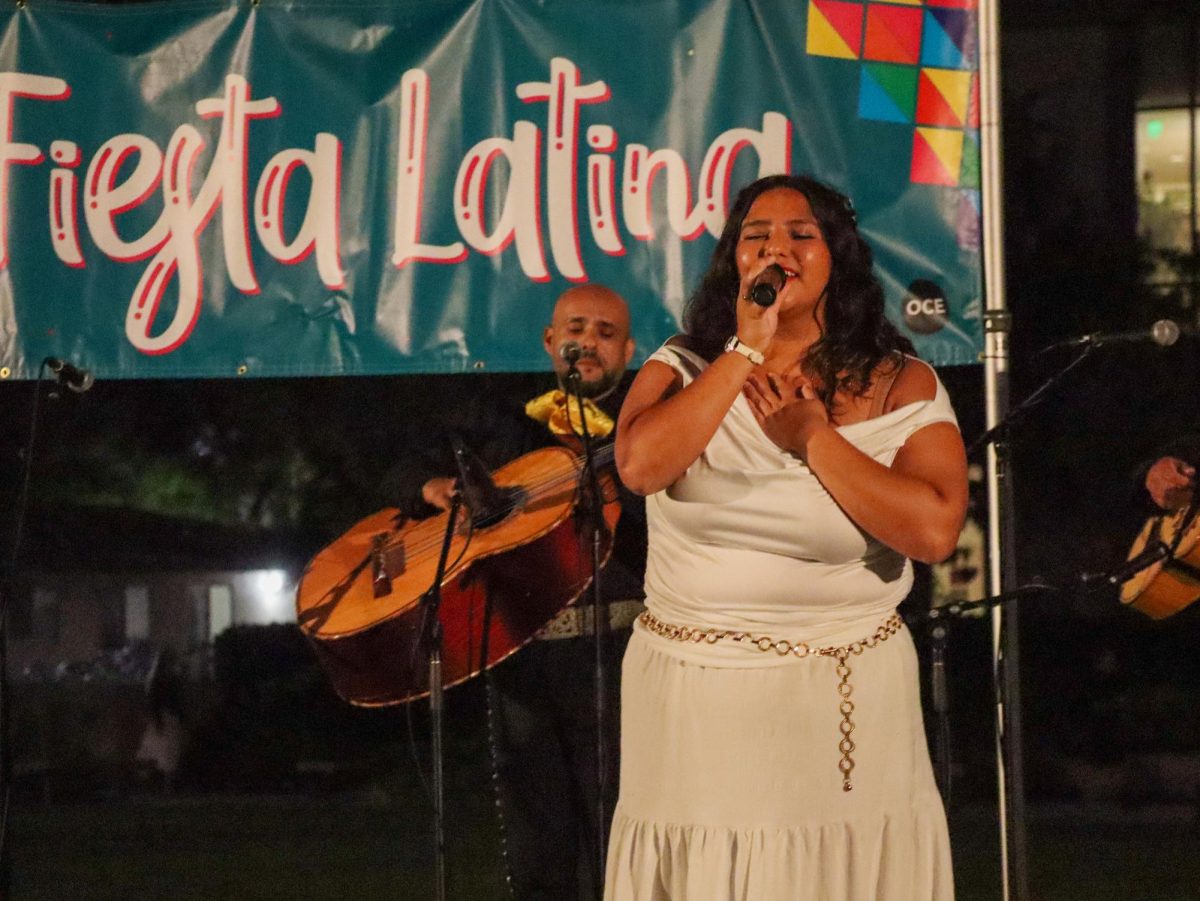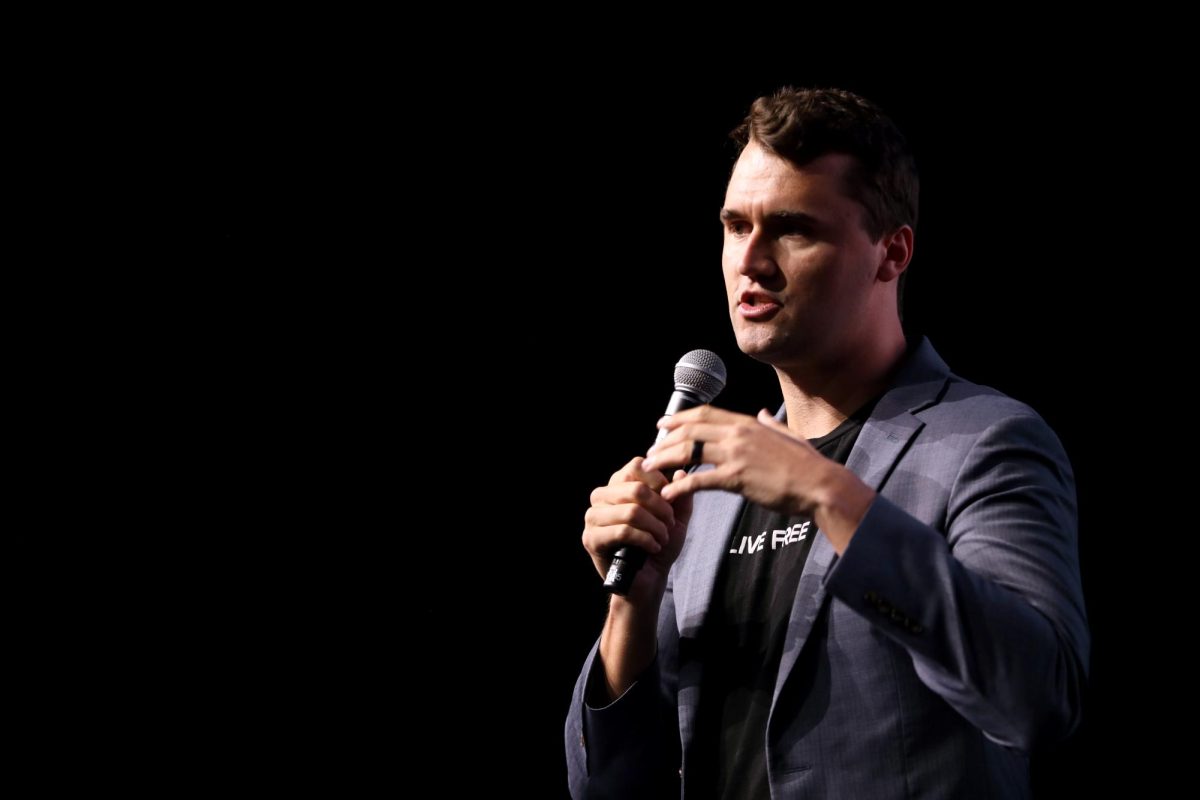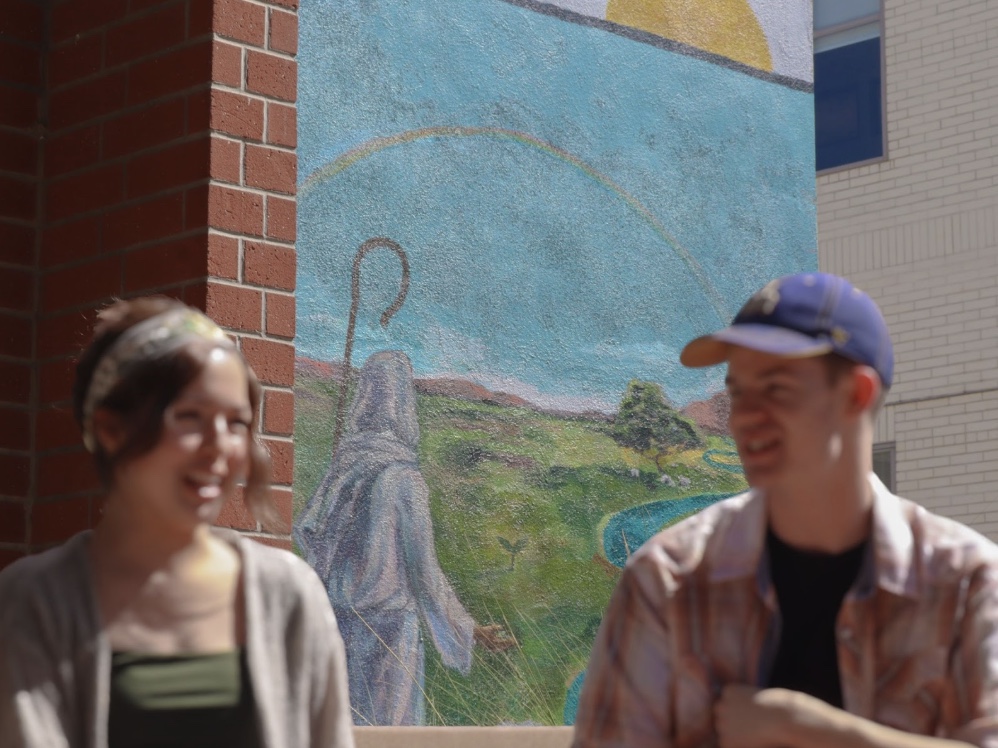A new program, Faculty Fellows Engaging Community, begins its pilot semester this fall by partnering with non-profit organizations to create cross-cultural experiences for participating students.
The Center for Cross Cultural Engagement created FFEC in response to an aspiration in the University Plan that expresses the desire to create a cross-cultural campus, said Gail Buck, director of the Center for Cross Cultural Engagement.
The pilot program consists of seven Biola faculty members who will each institute community-based learning into their course structures. Each of their courses will require students to complete a certain amount of hours working with a non-profit organization, Buck said.
Previously Biola has offered outlets for students to be involved within the community, however the FFEC program requires students to bring their experiences back into the classroom by working off of what they gained.
“It’s not anything new. Faculty have been engaging with non-profits and engaging with service learning for years now, but the reciprocity is what’s gainful and beneficial to the student, the faculty and the university,” Buck said.
Another new approach that the FFEC is implementing to community-based learning is requiring each of the non-profit organizations partnered in the program to sign a memorandum of understanding stating that they understand Biola’s mission. The program is attempting to take a more official route of something that was already in practice, Buck said.
Discussion about starting the program began two years before Buck was brought on staff in September 2012 to create the FFEC program, Buck said. The chosen faculty members met in June 2013 over the course of a couple days to officially begin the program.
The seven faculty members involved are Sue Russell, associate professor of intercultural studies; Deshonna Collier-Goubil, assistant professor of sociology; Dean Yamada, associate professor of cinema and media arts; Brad Christerson, professor of sociology; Monica Cure, assistant professor in the Torrey Honors Institute; Alan McMahan, associate professor of intercultural studies; Nancy Wang Yeun, associate professor of sociology.
Each faculty member will receive a small stipend and earn a point to their tenure promotion for their participation in the program, Buck said.
Torrey partners with FFEC
Prior to the start of the FFEC program, the Torrey Honors Institute began to discuss establishing a similar program, said Greg Peters, director of faculty advancement for Torrey. Community-based learning began this semester in Johnson sophomore house, said Taylor Crouch, community-based learning program coordinator and Torrey junior.
“We just wanted students to get out and be involved in communities. And also to see how the books they were reading would hold when out actually working in the community,” Peters said.
Once the FFEC program began, it became an outlet for Torrey to do what it had already been planning, Peters said.
Torrey students that are a part of the program will be required to complete 30 to 40 hours with their assigned organization, Crouch said. So far the students involved in the program have given positive feedback, Crouch said.
“At first I think students were a little overwhelmed because it’s a new part of their curriculum, but students have been responding really well. I feel like they have come to an understanding of how important cultural awareness is in their own lives,” Crouch said.
Long-term goals of the program
Once out of the pilot stage, the program will eventually be implemented by every faculty member across campus, Buck said.
"Biola aspires for every student to have a significant cross-cultural engagement learning experience serving in various cities and/or abroad," Buck said.
The FFEC would also like to expand its borders past local organizations and partner with the city of Los Angeles.






